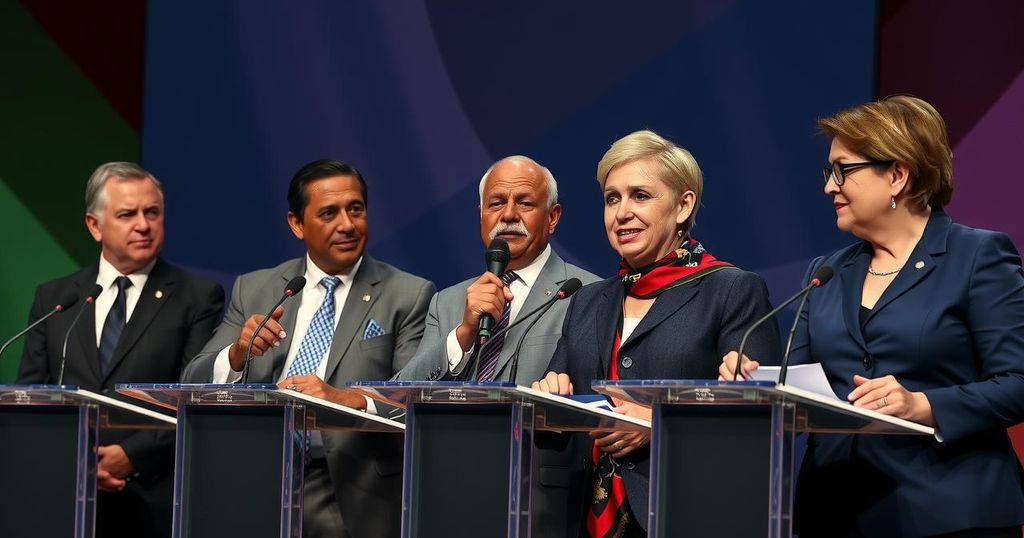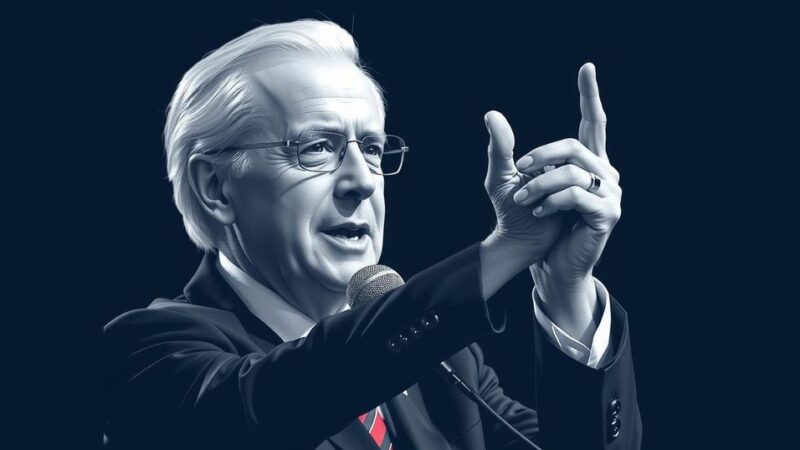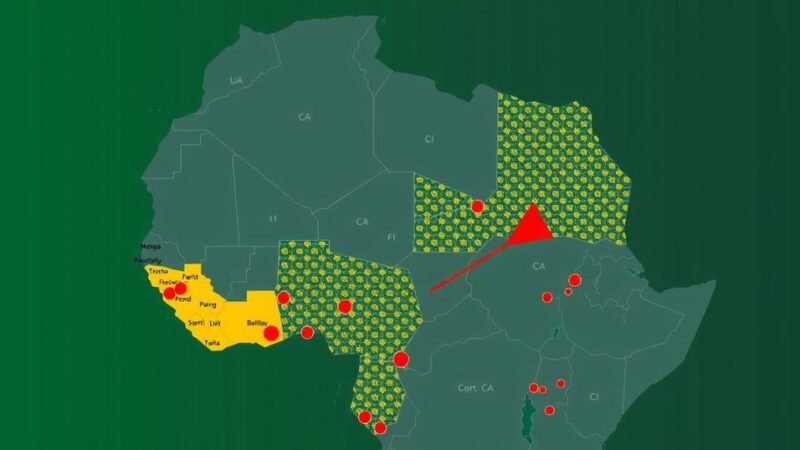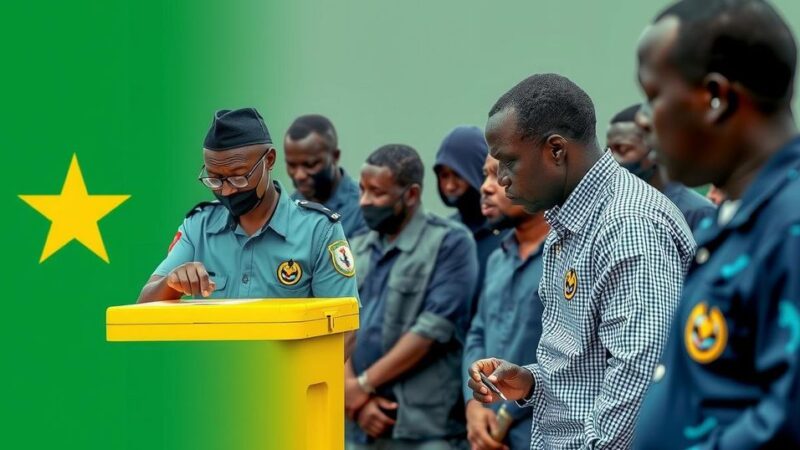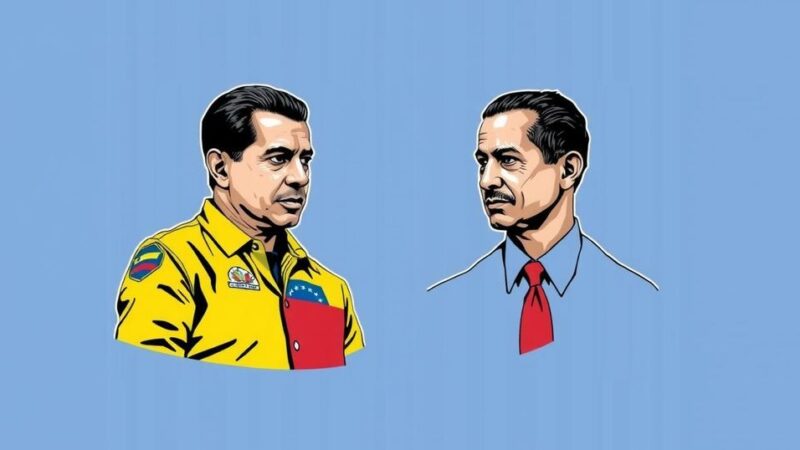Namibia’s election may usher in its first female president with SWAPO’s Netumbo Nandi-Ndaitwah running against IPC’s Panduleni Itula. Voter sentiments reflect a desire for change amid economic issues, and analysts suggest a possible run-off election if no candidate secures a majority. This election highlights growing discontent with long-standing political structures and the importance of addressing youth unemployment and governance challenges.
Namibia is poised to elect its first female leader, with Vice-President Netumbo Nandi-Ndaitwah representing the ruling SWAPO party in a highly anticipated election. Nandi-Ndaitwah, 72, has a longstanding history of service within the government, having been a prominent figure since Namibia’s independence in 1990. Her main competitor, Panduleni Itula, from the Independent Patriots for Change (IPC), presents a challenging opposition along with a traditional male-dominated political structure. With SWAPO’s support dwindling in recent years amid public discontent towards unemployment and corruption, the election results remain uncertain.
Nandi-Ndaitwah has advocated for teamwork and community-driven approaches, appealing particularly to voters yearning for stability and consistency within leadership. Conversely, Itula, 67, who previously defected from SWAPO, has attracted younger voters seeking radical change and economic reforms. This election is emblematic of a broader disillusionment with longstanding political establishments in the region, reflecting an ongoing global trend of electing new political faces.
Political analysts predict a closely contested race, speculating the possibility of a run-off election should neither candidate attain over fifty percent of the popular vote. Both candidates will need to address critical issues such as youth unemployment and economic stability, representing contrasting perspectives—Nandi-Ndaitwah as a traditional figure and Itula as a catalyst for change. In a landscape marked by shifting political sentiments, the outcome of this election will significantly impact Namibia’s future governance and social policy directions.
The political context of Namibia’s upcoming elections is shaped by the legacy of the SWAPO party, which has governed the nation since its independence from South Africa in 1990. Despite its historical significance and dominance, recent elections have showcased declining public support for SWAPO, resulting in a heightened focus on issues such as youth unemployment, economic management, and corruption. The emergence of the IPC, led by former SWAPO member Panduleni Itula, indicates a growing appetite among the electorate for alternative leadership styles and policy approaches. Furthermore, the historical significance of potentially electing a female president adds a vital dimension to the election discourse, as voters express desires for representation and change.
The forthcoming election in Namibia is a pivotal moment, offering the electorate a chance to reshape its leadership landscape. Vice-President Netumbo Nandi-Ndaitwah’s candidacy signifies a potential breakthrough for female representation in the highest political office, juxtaposed against the challenge posed by Panduleni Itula, who appeals to a younger, reform-minded voter base. The election’s results will not only reflect public sentiment towards SWAPO’s long-standing governance but also determine the direction of economic and social policies that affect the broader population.
Original Source: www.bbc.com
